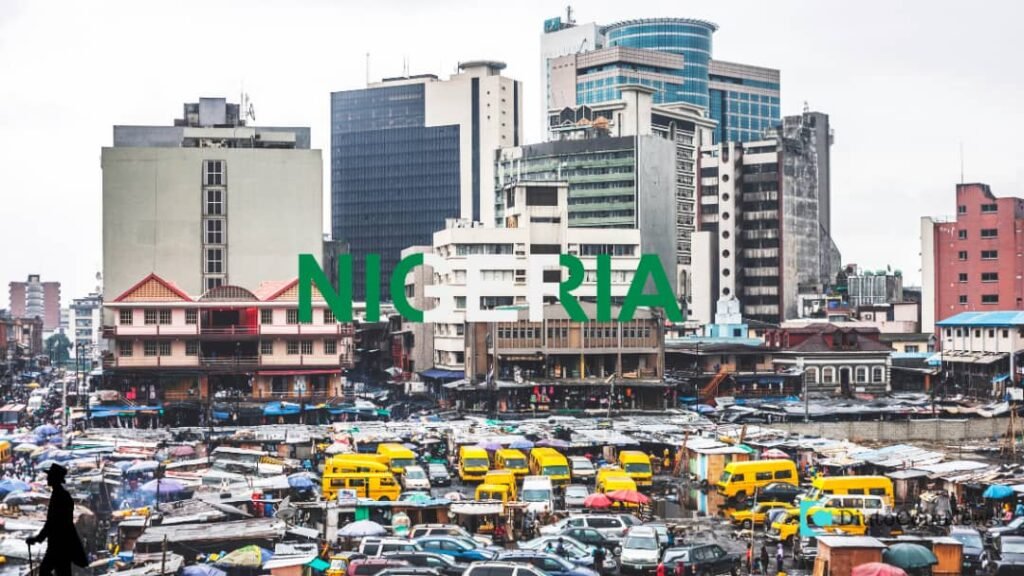Industry and Legal experts who spoke at a two-day workshop organised by the Attorney General Alliance-Africa (AGA-Africa) in collaboration with Nigerian Bar Association (NBA) in Lagos have urged authorities to consider upgrading the country’s cryptocurrency regulatory guidelines.
With the theme, ‘Digital asset and cryptocurrency: legal, regulatory and cybersecurity issues’, speakers at the event are Heather Martin of the Global Disputes Investigations & White Collar Defence in Jones Day; Head of Africa FinTech Foundry (AFF), Nigeria, Daniel Awe; Special Agent at Arizona Attorney General’s Office, Roger Geisler; head Media, Entertainment and Intellectual Property Law, PUNUKA Attorneys & Solicitor, Isioma Idigbe; Chairman of the NBA Lagos Branch, Ikechukwu Uwanna, among others.
They noted that the industry has continued to grow despite local and international attempts to stifle it, adding that the digital asset market is attracting a lot of investments.
The experts argued that this makes up-to-date regulatory guidelines by the Securities and Exchange Commission (SEC), Central Bank of Nigeria (CBN) and other relevant agencies, a necessity.
They noted that the CBN banned cryptocurrency to, among others, discourage illicit financial flow, money laundering and other illegal activities, but that Nigerians are still trading in digital currency and assets.
Emphasising the need for clear-cut guidelines for the industry, Martin said data showed Nigerians embraced cryptocurrency.
“Nigeria has shown more interest in crypto than any other country in the world. The United Arab Emirates ranks second with the highest proportion of its population searching for the word ‘cryptocurrency’ and the term “invest in crypto,” she said.
Geisler stressed that a poorly regulated digital assets industry is a risk to legitimate players and could cause users great financial loss.
“Fraudulent wallets have been discovered on Google Play Store and are often cloned to look authentic. Once a person loads the wallet, the money is taken and the wallet is left empty,” he said.
Awe added that the regulatory challenge of blockchain protocol is the legal framework of smart contracts. His words: “A smart contract is a computer programme or a transaction protocol that is intended to automatically execute, control or document legally relevant events and actions according to the terms of a contract or an agreement.
“The objectives of smart contracts are the reduction of need for trusted intermediators, arbitrations costs, fraud losses, as well as the reduction of malicious and accidental exceptions.”
Also Read: Nigeria To Achieve 100% Crypto Adoption Rate By 2030.
“Lawyers need to look at other aspects in law practice, other areas that we can make an income from and one of them is digital asset, which is cryptocurrency.
“It’s the in thing today. Everyone is talking about it, but what is the legal regulatory framework? What is the security issues arising from digital assets? All of these are money income for lawyers,” Uwanna advised.
Discover more from DiutoCoinNews
Subscribe to get the latest posts sent to your email.














